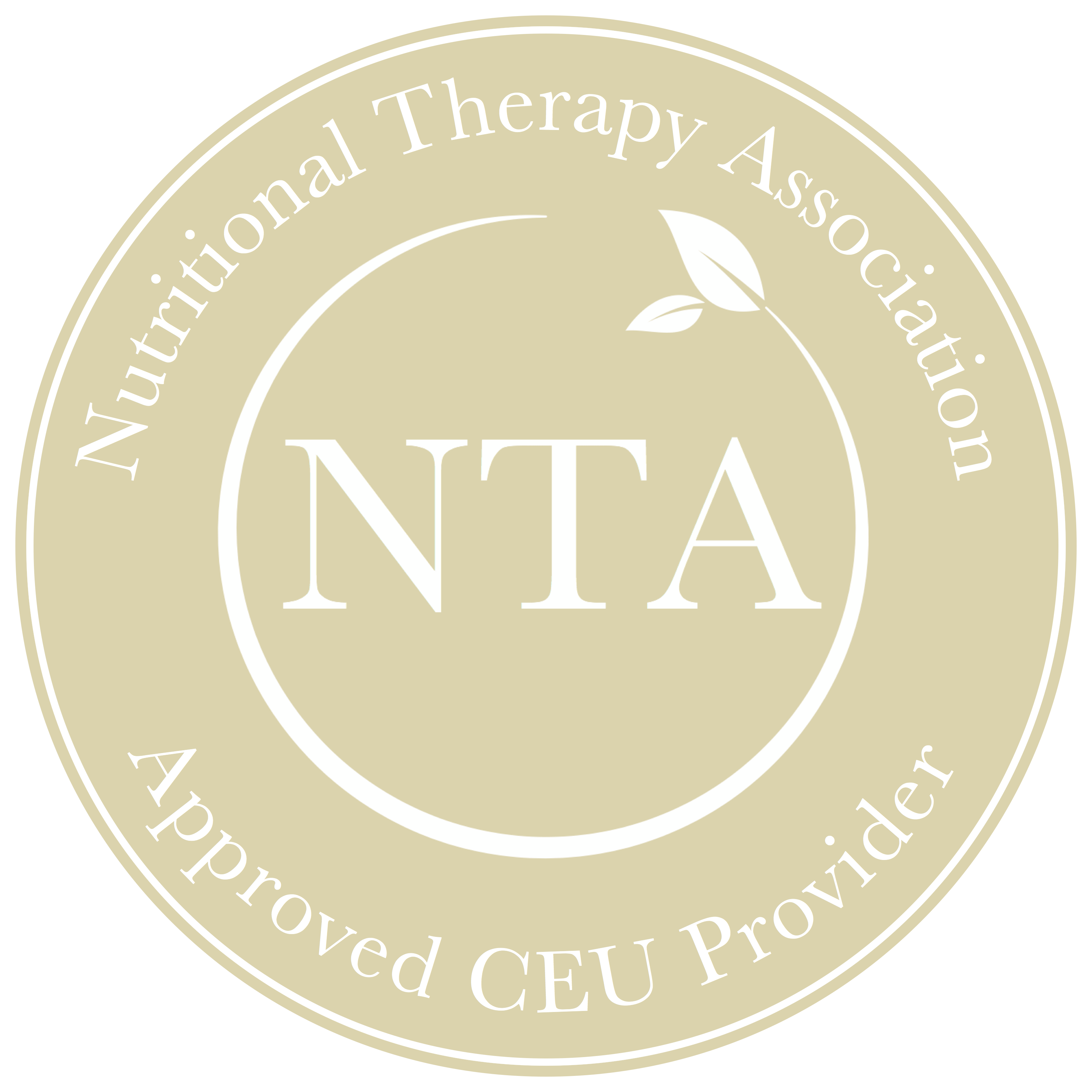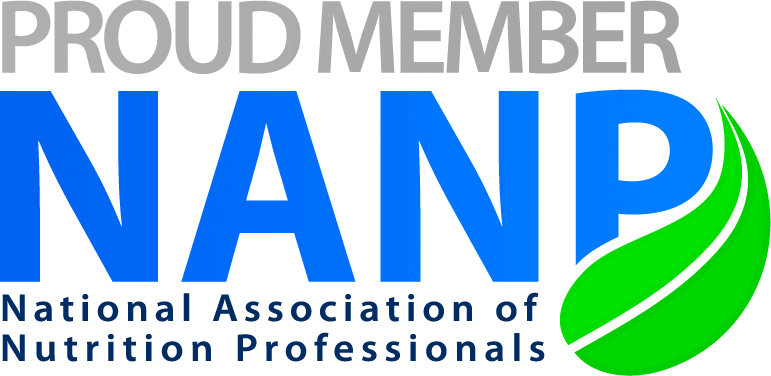Ask most people what longevity means and they’ll tell you it refers to how long one lives. Length of life defines our lifespan, yet is that what really matters most? Clearly, modern medicine has dramatically extended the lifespan of humans. In fact, since 1900, global life expectancy has doubled with the average person now living over 70 years. While the conventional medical community uses longer lifespan as the yardstick for longevity, it certainly doesn’t consider the quality of a life, meaning how long one maintains physical and mental vitality during their life.
While people are living longer, they aren’t necessarily living robust, energy-filled lives. Never in the history of humankind have people been more sedentary. Today people move less and sit more. Automobiles, technology, and desk jobs have created a shift toward less energy expenditure and, consequently, notable increases in chronic diseases like cardiovascular disease and type 2 diabetes. The average screen time spent just on mobile devices alone is 3 hours and 43 minutes per day for an adult in the US.
On top of that, or perhaps as a result, the NIH estimates that 70.2% – that’s 2 out of 3 adults – are overweight or obese. [1] From an evolutionary perspective, humans are designed to move – it was essential to our survival as a species. The shift from a physically active life to one with few to no physical challenges has occurred quite suddenly in terms of human existence. For the first time in history, we now have to set aside time, and actually schedule movement into our lives.
Clearly, our current lifestyle is not serving us – in fact, it’s killing us. Another first in human history: children today will have an estimated shorter lifespan than their parents. While we all start to age from the moment we’re born, there are multiple factors that can either slow down or accelerate the aging process. For many people, by the time they turn 65, they are on multiple medications, carry too much additional weight, have blood sugar imbalances, and spend most of their days sitting.
Instead of focusing on lifespan, a more powerful and beneficial metric is to create a longer “vitalityspan,” which refers to how long one maintains physical and mental strength, vigor, and stamina. In other words, it’s not about the years in your life, it’s the life in your years. That’s what truly matters.
We can’t improve what we can’t measure so here are several useful ways to ensure your vitalityspan is optimized. Here are a few key factors that play a significant role in optimizing longevity:
Epigenetic Transmutations and DNA Methylation
As we age, our DNA is negatively challenged by byproducts of our cellular metabolism. Environmental toxins also potentiate age-related alterations in our ability to repair DNA.
DNA methylation is a natural process whereby gene expression is regulated by the addition or removal of methyl groups to strands of DNA. Think of it as how your body tells your cells which genes should be expressed or not expressed. As we age, DNA methylation decreases, resulting in biological deterioration of our cells, making genes more susceptible to disease and damage. The primary factors contributing to the demethylation process are the diet and environmental toxins, like pollutants, UV radiation, and lifestyle choices.
By assessing one’s genomic pathways for strengths and weaknesses, we can pay close attention to potential genetic weaknesses and ensure our diet, lifestyle, and supplements support them. Genetics account for roughly 30% of our health status. The other 70% is influenced by how we eat and live.
Inflammation
Inflammation is often invisible, but it has the ability to wreak havoc in multiple systems in the body. The inflammatory process is one of the body’s innate wisdoms and it certainly serves a purpose when it comes to wound repair or fighting an infection. When inflammation becomes chronic, however, it damages endothelial cells that line the blood vessels. In response, the vessels absorb more cholesterol and form patches, or plaques to repair the damage. When these damaged blood vessels break apart, they can occlude the vessel, leading to a heart attack or stroke.
Contributing factors to chronic inflammation include:
– Stress (usually dismissed, unrelenting stress increases catabolic hormones and negatively impacts sleep, when the body typically repairs itself)
– Poor diet (Poor quality proteins and fats, inadequate phytonutrients, highly-processed foods, gluten, sugar, artificial sweeteners, and food additives)
– Heavy metals, chemicals, and mold/mycotoxins (indoor and outdoor pollutants, volatile organic compounds, poor water quality, water damaged buildings)
– Lack of adequate exercise (inadequate movement decreases cardiac output, slows blood flow, and increases the risk of metabolic disorders and hormone-related cancers [2])
By regularly checking inflammatory serum markers, we can address these factors before they become chronic issues. Eating a healthy diet, avoiding toxic environments, effectively managing stress, and maintaining an active lifestyle are all key to keeping inflammation in check.
Sleep
So many of us are incredibly sleep deprived yet don’t consider it a big problem. My husband used to say, “I’ll sleep when I die”, as if it didn’t matter that he was only getting 5-6 hours of rest each night. Sleep is like a rinse cycle for the brain – it’s when memories get established and neurons organize and revitalize.
Without a quality nightly recharge, the body begins to build up oxidative stress and experience advanced aging and neurological disorders. Some studies point to a link between sleep deprivation, oxidative stress (think rusting on the inside), and cancer. [3] Most people require a minimum of 7 hours of deep restfulness to maintain proper brain function and avoid reactive oxygen species (ROS) since it’s primarily produced in those who are sleep deprived.
Maintaining a regular sleep schedule and getting a solid 7-8 hours of sleep will help you stay mentally sharp and reduce the aging process. Using a wearable device that measures the quantity and quality of your sleep can help ensure you stay on target. We like the Oura ring, which also tracks activity, resting heart rate, and heart rate variability – all helpful metrics for monitoring longevity factors.
Slow Down the Clock
Here are a few easy additional hacks that have been shown to delay the onset of aging:
– Exercise: in particular HIIT Training [4]
– Fasting: calorie restriction and fasting both promote autophagy and are good for longevity [5]
– Sauna: 4 sessions of 20 minutes per week of infrared sauna helps promote detoxification and reduce the risk of a cardiovascular-related death by 50%. [6]
– Stimulate hormesis with cold immersion and/or cold showers. Research shows that “cold thermogenesis” for short periods of time can stimulate our cells’ ability to repair themselves. [7]
While none of us know how much time we have here, all of us can make sure that we maximize the quality of our lives. The thing is, you can’t put it off. It’s not something you can start tomorrow. We have to make the right choices today if we want to be healthy, vital, and cognitively sharp into our 60s, 70s, and 80s. So don’t wait, start working on your biological age today – you have the power to change your future.
(1) https://niddk.nih.gov/health-information/health-statistics/overweight-obesity#econ
(2) https://www.ncbi.nlm.nih.gov/pmc/articles/PMC7700832/
(3) https://pubmed.ncbi.nlm.nih.gov/23371889/
(4) https://www.cell.com/cell-metabolism/comments/S1550-4131(17)30099-2







